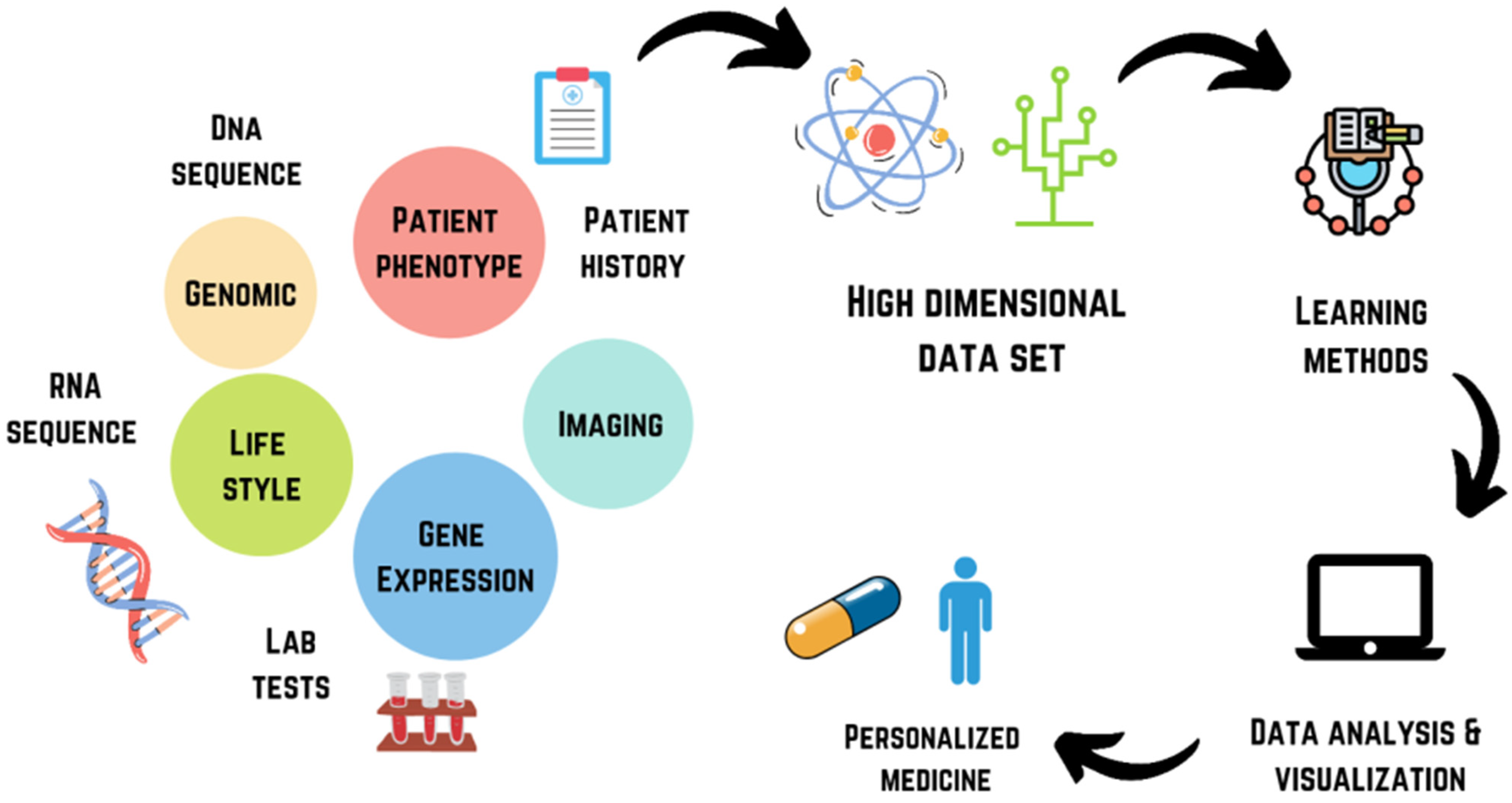
AI-Powered Algorithms Advance Precision MedicineAI-Powered Algorithms Advance Precision Medicine The advent of artificial intelligence (AI) has revolutionized various fields, including healthcare. AI-powered algorithms are proving to be invaluable tools in the development of precision medicine, which aims to tailor treatments to the unique characteristics of each patient. Personalized Treatment Plans: AI algorithms can analyze vast amounts of patient data, such as medical history, genetic information, and lifestyle factors, to create personalized treatment plans. These algorithms identify patterns and correlations that may not be apparent to healthcare professionals, enabling them to make more informed decisions about the best treatment options for individual patients. Disease Diagnosis and Prognosis: AI algorithms have also made significant advancements in disease diagnosis and prognosis. By analyzing complex data sets, they can detect diseases earlier, identify risk factors, and predict outcomes more accurately. This information helps doctors personalize treatment strategies and intervene earlier to prevent complications. Drug Development and Discovery: AI-powered algorithms are playing a crucial role in drug development and discovery. They can screen millions of compounds quickly and efficiently, identifying promising candidates that have the potential to treat specific diseases. This significantly reduces the time and cost associated with traditional drug development processes. Genetic and Genomic Analysis: AI algorithms are revolutionizing genetic and genomic analysis. They can analyze vast amounts of genetic data to identify mutations and genetic variants associated with specific diseases. This information enables healthcare professionals to determine the likelihood of developing certain diseases and tailor preventive and therapeutic measures accordingly. Patient Monitoring and Remote Care: AI algorithms can monitor patient health remotely through wearable devices and medical sensors. They can detect subtle changes in vital signs and symptoms, enabling early detection of health issues and proactive interventions. This enhances patient care and reduces the need for in-person visits. Challenges and Future Directions: While AI-powered algorithms offer immense potential in precision medicine, there are still challenges to address. These include data privacy and security, algorithm bias, and the integration of AI into clinical workflows. Going forward, research and development efforts will focus on addressing these challenges and further advancing the capabilities of AI algorithms. This will enable even more precise and personalized treatment approaches, leading to better health outcomes for patients.
Posted inNews